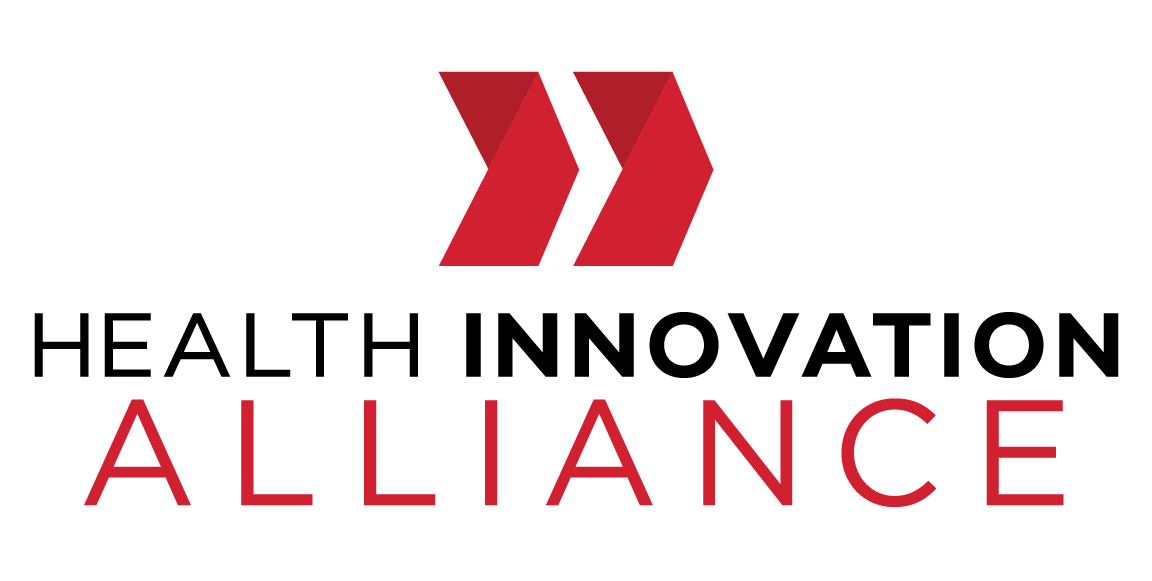On 8/26, Steve Schilling, CEO of Clinica Sierra Vista, a community health center in California, had an op-ed published in the Fresno Bee:
Schilling: Telemedicine’s time is now in the Central Valley and beyond
Published: October 26, 2013
By Steve Schilling
Telemedicine, a hazy term for most Californians, will soon enter the American lexicon. Overlooked by some as a viable solution to America’s health care woes, telemedicine grants the ability for health care providers to deliver patient care virtually. This concept is critical to the Central Valley and other rural areas across the nation.
More than 60 million Americans lack access to primary care services because of due to doctor shortages at hospitals, local practices and community health centers. Many of these patients live and work in the Valley.
Often, patients have to travel extraordinarily long distances in order to see their primary care physician. Most of the patients we serve at Clinica Sierra Vista are low income and simply cannot afford to take significant time away from their jobs and families. Many are seniors on a limited, fixed income, and for whom traveling long distances is especially onerous.
The promise of telemedicine alleviates these problems by connecting patients and providers at the touch of a button, while significantly reducing costs and improving health care outcomes. With the emergence of a reliable and fast national broadband network and rapid advances in health information technology, now is the time to embrace telemedicine.
Fortunately, our representative in Washington, Rep. Devin Nunes, R-Tulare, understands this crying need and in a bipartisan manner worked with Rep. Frank Pallone Jr., D-N.J.,to introduce the TELEhealth for MEDicare (TELE-MED) Act of 2013. In the often gridlocked environment in Washington, it’s encouraging to see our representative work across the aisle on legislation that will give patients greater access to care while leveraging the latest technologies.
Under current law, when it comes to practicing telehealth, physicians’ hands are tied. Health care providers are required to have multiple state medical licenses and adhere to multiple state rules to provide virtual care across state lines. This outdated system of state medical licensure laws is preventing the widespread use of telemedicine and preventing patient access to quality health care.
The laws in place were designed when our system relied on local doctors treating local communities — when house calls were the norm. Now, with advances in technology, local communities can access quality care regardless of geographic location through a simple Internet connection. Telemedicine, in a way, promises the return of the house call, but virtually. Your doctor may not physically show up at your door anymore, but he or she will on your tablet or personal computer.
The Nunes bill, if passed, would lift geographic licensing restrictions for Medicare providers by allowing them to treat Medicare patients virtually across state lines without the need to obtain multiple state licenses. This is welcome news for the medical community and seniors in the Central Valley and across the country. As any provider and patient will attest, the relationship between physician and patient is critical toward establishing positive health outcomes, and this bipartisan legislation facilitates that relationship by removing barriers to access.
What is especially promising about the Nunes/Pallone bill is that it is modeled on an existing telehealth framework that has proven to be very successful. The Service Members’ Telemedicine and E-Health Portability Act, or the STEP Act, which became law in 2011, stipulates that only one active unrestricted state license is required to practice in VA facilities across all 50 states, the District of Columbia and U.S. territories. Results have been overwhelmingly positive: Assessments have shown that for those in the telehealth program there has been a 53% reduction in bed days or hospitalizations and an average of nearly $2,000 in annual savings per patient.
More than 49 million elderly and disabled Americans rely on Medicare. That number will only increase as baby boomers enter their golden years, further decreasing the ratio of physicians to patients and making access to high-quality care a more worrisome problem.
The TELE-MED Act will not solve access problems overnight, but it is a great start.
Steve Schilling is CEO of Clinica Sierra Vista, a nonprofit that employs more than 1,100 staff at 72 locations in Fresno, Kern and Inyo counties. It is the third-largest community health center in the United States.
